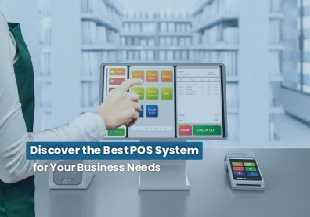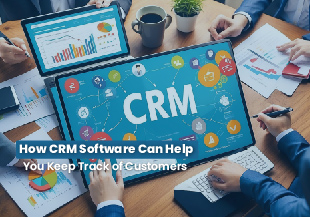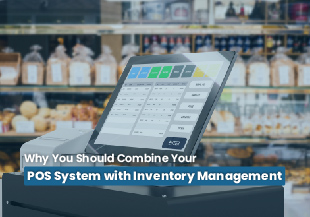CRM systems have several functions that help businesses in their day-to-day operations. Read what they are here. In times of increasingly global markets, customer groups are becoming increasingly diverse.
Hardly any company
knows its customer base completely personally and can organize all orders and
campaigns from the head. It is essential to guarantee excellent customer
service today. To stand out from the increasing competition.
What Is CRM? - A definition
CRM stands for customer relationship management, which means
nothing more than customer relationship management. It includes managing,
maintaining, and expanding a company's relationships with its customers. The
goal is to maintain long-term customer loyalty through better customer service
and differentiate itself from the competition.
To succeed, it is essential to adequately
respond to customers' current needs and recognize future developments and
customer wishes at an early stage.
CRM systems are such programs and
support companies in realizing excellent customer service. But these systems can do much more than that: right now, we
want to get an overview of the main functions of a local CRM system and
highlight their concrete benefits for modern companies.
In a first step, we
want to look at the general definitions to precisely understand the purpose of
such systems and how they help companies with digitization. Those who do not
sufficiently use the capabilities of such systems run the risk of being left
behind by the international competition.
3 General Business Functions of a Good CRM
1. Lead Management
2. Document Managing
3. Automatic data capture
Lead Management
Lead handling is the board feature that will help you perceive your leads and the moves they've made along the business cycle. Through the lead management measure, you'll have the choice to store your information and, if it is vigorous, divert them off to an alternate associate to transform selected leads into customers.
Now and again, dead
leads sit in a CRM for a significant long time or months. A canny undertaking
manager keeps consistent over tips and redistributes quiet or slow prompts
different partner's re-engagement.
The CRM should make it
easy to add contacts and organize them effortlessly and flexibly. It should be
possible to add a new touch online and by anyone without technical knowledge of
the tool.
Document Managing
A recent survey found
that salespeople spend more than 30% of their time searching for documents to
write their offers and answer questions from their customers. This number alone
should be enough to demonstrate the importance of having a tool that allows
sales reps to save time by using templates (sales proposals, email templates, etc.)
or quickly accessing the most critical business documents.
Automatic Data Capture
What is the point of having a CRM if the salesperson is forced to fill in all the information about their prospect by hand? Our CRM should allow you to collect and pre-populate the most critical fields, such as email, phone, or name.
9 Business Functions of CRM
1.Reporting
The CRM must allow the
implementation of automated reports that can be configured according to your
company's needs. These reports must be easily exportable in various formats.
2.Mobility
Even more, if your
sales representatives are themselves mobile, the CRM must be easily accessible
on the move, from their smartphone or tablet. Basic functionality must be able
to be provided even from a telephone.
3.Everything In One Central Database
CRM systems are used
for this. These are software programs that combine and store all customer and
contact details in a central database. All activities of the company with the
relevant customer can be found in particular customer files. In addition to the
primary contact details, including invoices, offers, orders, complaints, etc.
4.Service Is Significantly Improved
In this way, a service
employee can see exactly which open items are currently available for a
particular customer and respond faster and better to their inquiries. We will
come back to this feature later. Before that, however, we would like to focus
on the technical level of such systems.
5.Marketing Is Becoming More Individual
And More Targeted
Marketing, in
particular benefits from an extensive CRM system. Through a targeted
evaluation of customer data, more specific target groups can be identified and
used accordingly. It is also possible to filter which customers bought which
products and what their follow-up actions were.
6.Advertising Becomes More Individual
In this way, new
customers can be offered this route immediately, and advertisements can be
placed much more precisely. For example, if many customers have bought another
after purchasing a particular product, this connection product can easily be
offered to new customers, significantly increasing sales opportunities.





